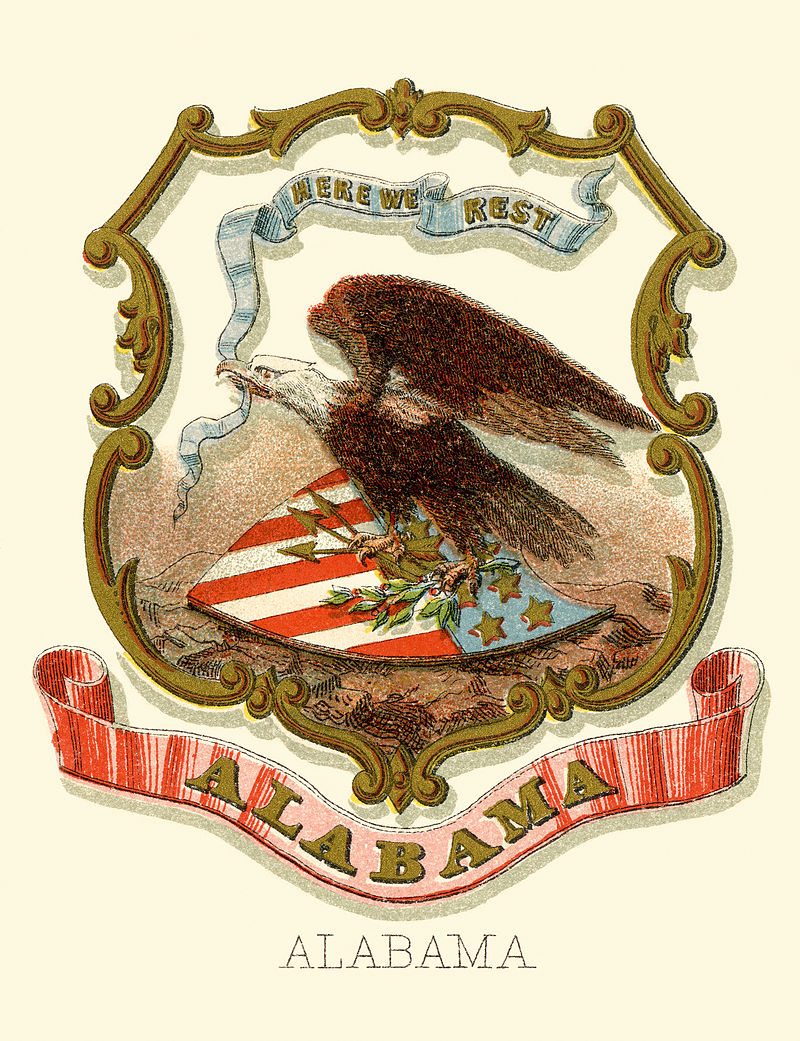 In September 2015, something amazing happened. It isn’t what we traditionally think of as ground-breaking or life-changing, but to millions of young people in one southern state, this will be the first step toward a new lens on science. What was it? That Alabama adopted a new set of science standards in which evolution is described as “substantiated with much direct and indirect evidence.”
In September 2015, something amazing happened. It isn’t what we traditionally think of as ground-breaking or life-changing, but to millions of young people in one southern state, this will be the first step toward a new lens on science. What was it? That Alabama adopted a new set of science standards in which evolution is described as “substantiated with much direct and indirect evidence.”
Alabama, and the southeastern US in general, has a long history of controversy when it comes to the teaching of evolution. This isn’t to say that there are not teachers who do an amazing job of teaching it, but traditionally discussing evolution has been “taboo” likely to draw challenge, rebuke, and/or isolation. Due to underpinning cultures in the Southeast, prevalence of literalist religious fundamentalism, and focus on states rights vs. federal, we have been in the negative spotlight for our refusal to teach or mention evolution, even going so far as to post disclaimers in student textbooks that explain how evolution is “just a theory” and one interpretation of evidence. (You can check out Ken Miller’s dissection of the disclaimer here.)
State standards in the Southeast have historically refused to mention the "E word" while dancing around the concept of evolution. In the best cases, the standards addressed some concepts but with weak enough language as to allow teachers to conduct a classroom “hit and run”, where they introduce the concept, discuss their discomfort and/or counter with alternative ideas. In light of the negative perceptions many have of our state's conflict with evolution, it is nice to see Alabama doing something that will help students in generations to come.
It may not seem like much of a step forward, but considering the jump being made just in the language of the standards, it is huge. Comparing the language and coverage of evolution in the life sciences from the old standards to the new standards is comparing apples to oranges in terms of clarity, strength of content, and depth of expectations. In the old standards, there were some concepts of evolution mentioned before high school, but they avoided the word “evolution” and had little depth or application. Compare this to the level of detail and focus in the new standards, where evolution is treated as a unifying theory, and it is represented from early elementary all the way up to high school with increasing complexity.
It is important, however, to recognize that this is hardly the end of the battle over evolution in Alabama. Having standards is a great start, but the presence of the standards is not equivalent to the presence of a magical switch that suddenly makes evolution less controversial, nor does it automatically ensure that all teachers who have avoided teaching evolution, or who teach it alongside other non-scientific alternative concepts such as creationism, will now change their minds and teach the science accurately.
Research by myself and others in Alabama show that teachers struggle with teaching evolution due to their own worldview and beliefs. Even those who teach evolution often go through a transformation of sorts, becoming more anxious, aloof, and discombobulated when addressing the topic than when they are teaching other, non-controversial topics. Having standards gives a scaffold upon which to build instruction, but it does not change the atmosphere of controversy and conflict that prevents many teachers from teaching evolution.
Now that there is a strong framework for teaching evolution securely in place for K–12 education in Alabama, it is time for science supporters to come together to find ways to prepare teachers and support them in the classroom. I'll be there to help; will you?
Amanda Glaze has been a classroom teacher, researcher, and university professor for nine years in various settings around the Southeastern United States. Her area of focus is evolutionary biology but her passion is the intersections of science and society where there is conflict, namely the evolution conflict in the Heart of Dixie and nationwide in the United States. She resides in Alabama with her husband, Greg, and their two youngest children, Jaymon and Maddox, as well as a menagerie of flora and fauna her boys have collected from their adventures. You can read her previous Science League of America post on teaching evolution here.
